Home>Gardening & Outdoor>Outdoor Structures>What Shed Material Is Best
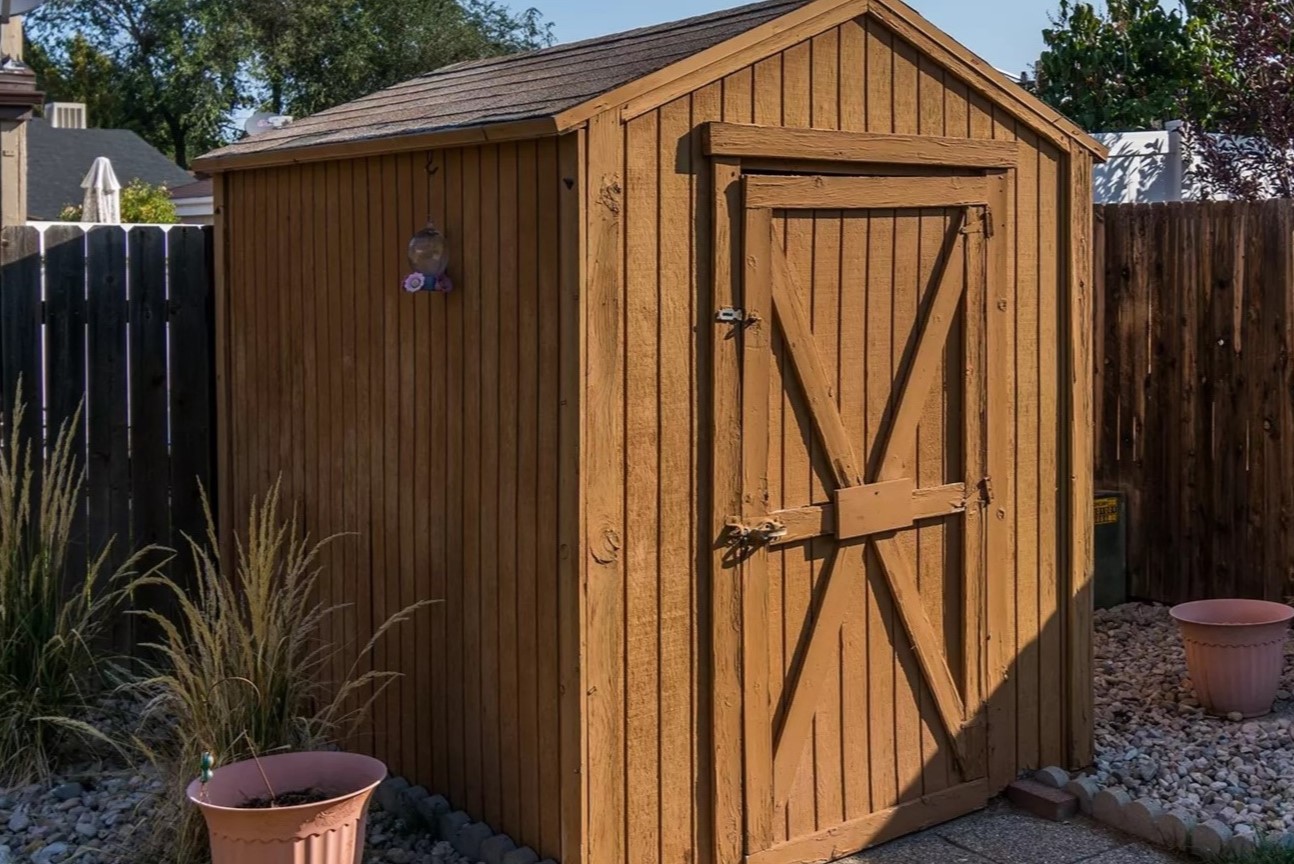

Outdoor Structures
What Shed Material Is Best
Modified: January 21, 2024
Discover the best shed material for your outdoor structures. Compare the pros and cons of different materials and make an informed decision. Choose the right material for your shed!
(Many of the links in this article redirect to a specific reviewed product. Your purchase of these products through affiliate links helps to generate commission for Storables.com, at no extra cost. Learn more)
Wood
When it comes to choosing a material for your shed, wood is a classic and versatile option. There are several types of wood commonly used for shed construction, including cedar, pine, and redwood. Each type has its own unique characteristics and benefits.
One of the primary advantages of wood sheds is their natural aesthetic appeal. The warm, organic look of wood blends seamlessly with outdoor surroundings, making it an attractive addition to any backyard or garden. Additionally, wood can be easily customized with paint or stain to match the existing color scheme of your property.
Wood is also a relatively lightweight and easy-to-handle material, which can simplify the assembly process for those opting for a DIY approach. Furthermore, wood is a good insulator, providing a comfortable interior environment regardless of the outdoor temperature.
However, it’s important to note that wood sheds require regular maintenance to ensure longevity. Proper sealing, staining, and periodic treatments are essential to protect against rot, decay, and insect damage. Without adequate maintenance, wood sheds are susceptible to warping, cracking, and deterioration over time.
Another consideration with wood sheds is their susceptibility to fire and moisture. While proper treatment and maintenance can mitigate these risks, it’s crucial to be mindful of fire safety and moisture control measures when opting for a wood shed.
Overall, wood sheds offer a timeless, natural appeal and can be a great choice for those seeking a customizable and aesthetically pleasing outdoor storage solution. With proper care and maintenance, a well-constructed wood shed can provide years of functional and visually appealing service.
Key Takeaways:
- Wood sheds offer a natural, customizable, and lightweight option for outdoor storage, but require regular maintenance to prevent rot and decay.
- Metal, plastic, vinyl, and resin sheds provide durable, low-maintenance, and weather-resistant alternatives, each with unique features to suit different preferences and needs.
Read more: How To Build A Roof For A Shed
Metal
When considering shed materials, metal stands out as a durable and low-maintenance option. Metal sheds are typically constructed from galvanized steel or aluminum, offering a range of benefits that make them a popular choice for outdoor storage solutions.
One of the key advantages of metal sheds is their exceptional durability. Unlike wood, metal is resistant to rot, decay, and insect damage, making it a long-lasting option for outdoor structures. Additionally, metal sheds are designed to withstand harsh weather conditions, including heavy rain, snow, and strong winds, providing reliable protection for stored items.
Metal sheds are also known for their low maintenance requirements. Unlike wood, which requires regular sealing, staining, and treatments, metal sheds are generally rust-resistant and do not require the same level of upkeep. This makes them an attractive option for individuals seeking a hassle-free storage solution.
Another benefit of metal sheds is their security features. Metal construction provides a sturdy and secure storage space, offering protection for valuable equipment, tools, and other items. Many metal sheds also include locking mechanisms for added security, giving peace of mind to shed owners.
While metal sheds offer numerous advantages, it’s important to consider potential drawbacks. Metal structures can be prone to condensation, which may lead to moisture buildup inside the shed. Adequate ventilation and insulation can help mitigate this issue, ensuring a dry and comfortable interior environment.
Additionally, some individuals may find the industrial look of metal sheds less visually appealing compared to wood or other materials. However, advancements in design and finishes have resulted in metal sheds that offer a sleek and modern aesthetic, catering to various preferences.
Overall, metal sheds are a practical and durable choice for outdoor storage. Their resilience, low maintenance requirements, and security features make them a compelling option for those seeking a reliable and long-lasting storage solution.
Plastic
Plastic sheds have gained popularity as a modern and convenient option for outdoor storage. Constructed from high-density polyethylene (HDPE) or polyvinyl chloride (PVC), plastic sheds offer a range of benefits that make them a compelling choice for homeowners and garden enthusiasts.
One of the primary advantages of plastic sheds is their low maintenance requirements. Unlike wood, plastic does not require painting, staining, or sealing, making it a hassle-free option for individuals seeking a practical storage solution. Additionally, plastic sheds are resistant to rot, decay, and insect damage, offering long-term durability without the need for extensive upkeep.
Furthermore, plastic sheds are lightweight and easy to assemble, making them a convenient choice for those looking to set up their storage space quickly and with minimal effort. The modular design of many plastic sheds allows for straightforward assembly, often without the need for specialized tools or professional assistance.
Another key benefit of plastic sheds is their resistance to moisture and weather elements. High-quality plastic sheds are designed to withstand UV exposure, ensuring that they do not fade or become brittle over time. Additionally, plastic sheds are typically equipped with ventilation and integrated flooring to prevent moisture buildup and maintain a dry interior environment.
While plastic sheds offer numerous advantages, it’s important to consider factors such as potential color fading and limited customization options. Unlike wood, which can be painted or stained in various colors, plastic sheds may experience some color fading over time due to UV exposure. However, modern advancements in plastic materials have led to UV-resistant formulations that mitigate this issue.
Additionally, some individuals may prefer the natural aesthetic of wood or the industrial look of metal over the modern appearance of plastic sheds. However, the clean lines and contemporary design of plastic sheds can complement a wide range of outdoor settings, offering a sleek and functional storage solution.
Overall, plastic sheds provide a low-maintenance, durable, and weather-resistant option for outdoor storage. Their ease of assembly and long-term reliability make them a practical choice for homeowners seeking a convenient and efficient storage solution.
When choosing a shed material, consider the climate and your budget. Metal sheds are durable and low maintenance, while wood sheds are more aesthetically pleasing but require more upkeep. Plastic sheds are affordable and easy to assemble.
Vinyl
Vinyl sheds have emerged as a popular choice for outdoor storage, offering a blend of durability, low maintenance, and aesthetic appeal. Constructed from polyvinyl chloride (PVC), vinyl sheds provide a range of benefits that make them a compelling option for homeowners and garden enthusiasts.
One of the primary advantages of vinyl sheds is their exceptional durability. Unlike wood, vinyl is resistant to rot, decay, and insect damage, providing a long-lasting storage solution without the need for extensive maintenance. Additionally, vinyl sheds are designed to withstand harsh weather conditions, including UV exposure, ensuring that they maintain their structural integrity and visual appeal over time.
Vinyl sheds are also known for their low maintenance requirements. Unlike wood, which may require painting, staining, or sealing, vinyl sheds can be easily cleaned with soap and water, making them a hassle-free option for individuals seeking a practical and efficient storage solution. Additionally, vinyl sheds are resistant to rust and corrosion, further reducing the need for ongoing maintenance.
Furthermore, vinyl sheds offer a versatile and customizable design. Many vinyl shed models feature pre-cut and pre-drilled components, simplifying the assembly process and allowing for easy customization with shelves, hooks, and other storage accessories. Additionally, vinyl sheds are available in a variety of styles and sizes, catering to different storage needs and aesthetic preferences.
Another benefit of vinyl sheds is their resistance to moisture and weather elements. High-quality vinyl sheds are designed to maintain their color and structural integrity, even in challenging outdoor environments. Additionally, vinyl sheds are typically equipped with ventilation and integrated flooring to prevent moisture buildup and ensure a dry interior environment.
While vinyl sheds offer numerous advantages, it’s important to consider factors such as initial cost and potential color limitations. The upfront cost of vinyl sheds may be higher than some other materials; however, this investment is offset by their long-term durability and low maintenance requirements. Additionally, the color options for vinyl sheds may be more limited compared to wood or plastic sheds, although advancements in manufacturing have expanded the available color choices.
Overall, vinyl sheds provide a durable, low-maintenance, and customizable option for outdoor storage. Their resilience, ease of assembly, and long-term reliability make them a practical and visually appealing choice for homeowners seeking a versatile and efficient storage solution.
Resin
Resin sheds, also known as polypropylene sheds, have gained popularity as a modern and versatile option for outdoor storage. Constructed from high-quality resin materials, these sheds offer a range of benefits that make them a compelling choice for homeowners and garden enthusiasts.
One of the primary advantages of resin sheds is their low maintenance requirements. Unlike wood, resin does not require painting, staining, or sealing, making it a hassle-free option for individuals seeking a practical and efficient storage solution. Additionally, resin sheds are resistant to rot, decay, and insect damage, providing long-term durability without the need for extensive upkeep.
Resin sheds are also lightweight and easy to assemble, making them a convenient choice for those looking to set up their storage space quickly and with minimal effort. The modular design of many resin sheds allows for straightforward assembly, often without the need for specialized tools or professional assistance.
Furthermore, resin sheds are designed to withstand harsh weather conditions, including UV exposure and moisture. High-quality resin sheds are UV-resistant, ensuring that they do not fade or become brittle over time. Additionally, many resin sheds are equipped with integrated ventilation and flooring to prevent moisture buildup and maintain a dry interior environment.
Another key benefit of resin sheds is their customizable and versatile design. Many resin shed models feature easy-to-assemble panels and adjustable shelving options, allowing for personalized storage configurations to suit individual needs. Additionally, resin sheds are available in a variety of sizes and styles, catering to different storage requirements and aesthetic preferences.
While resin sheds offer numerous advantages, it’s important to consider factors such as potential color fading and limited customization options. Similar to plastic sheds, resin sheds may experience some color fading over time due to UV exposure. However, advancements in resin materials have led to UV-resistant formulations that mitigate this issue.
Additionally, some individuals may prefer the natural aesthetic of wood or the sleek look of metal over the modern appearance of resin sheds. However, the clean lines and contemporary design of resin sheds can complement a wide range of outdoor settings, offering a functional and visually appealing storage solution.
Overall, resin sheds provide a low-maintenance, durable, and weather-resistant option for outdoor storage. Their ease of assembly, long-term reliability, and customizable features make them a practical and efficient choice for homeowners seeking a versatile and convenient storage solution.
Frequently Asked Questions about What Shed Material Is Best
Was this page helpful?
At Storables.com, we guarantee accurate and reliable information. Our content, validated by Expert Board Contributors, is crafted following stringent Editorial Policies. We're committed to providing you with well-researched, expert-backed insights for all your informational needs.
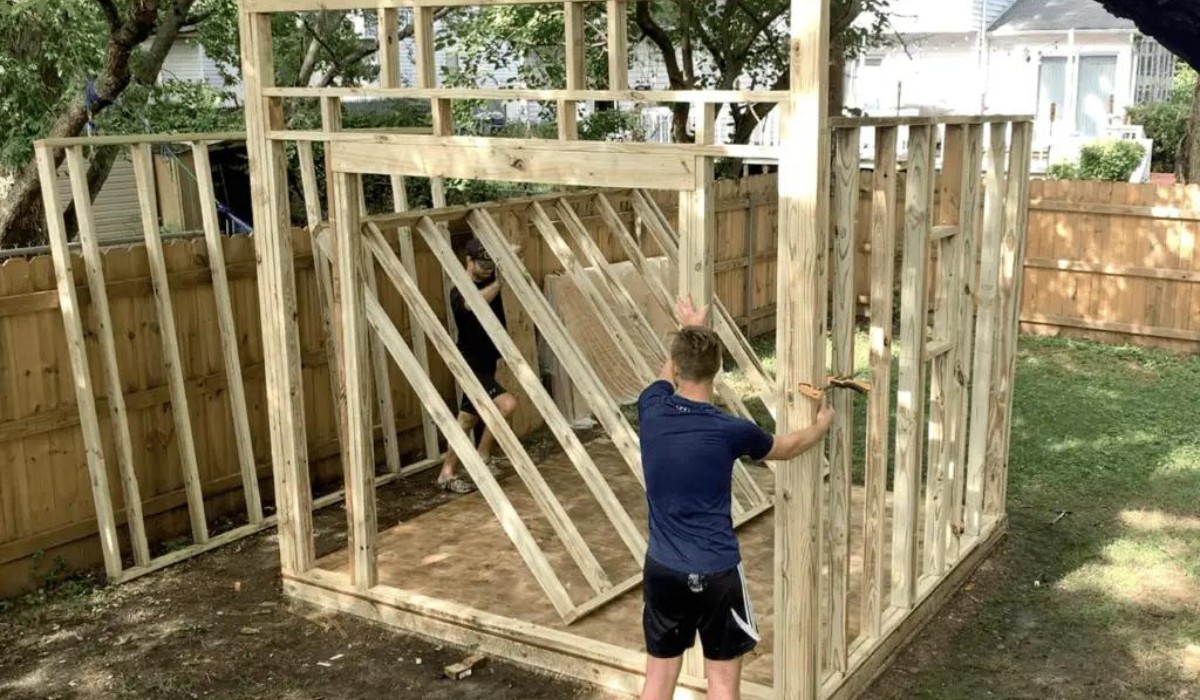
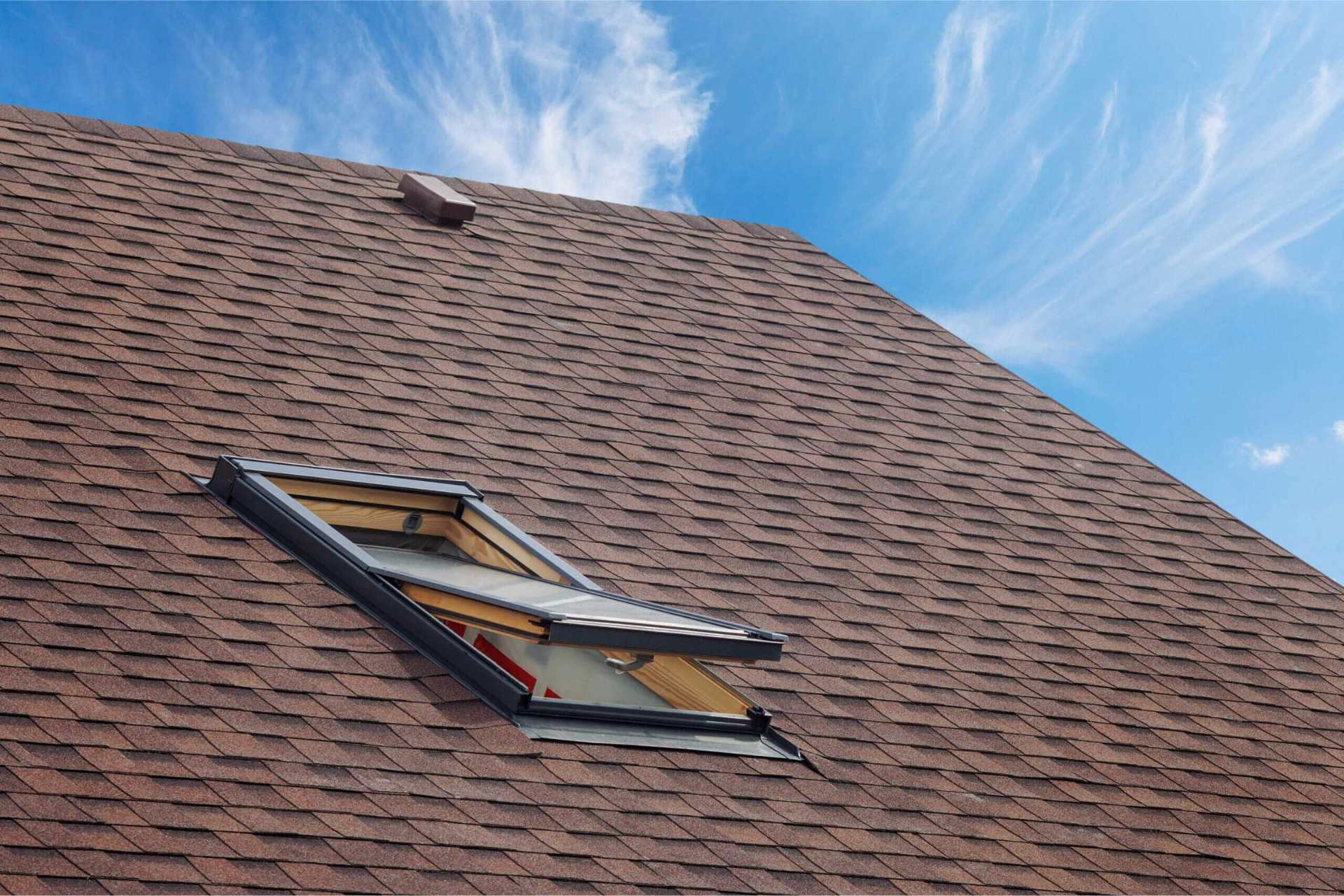
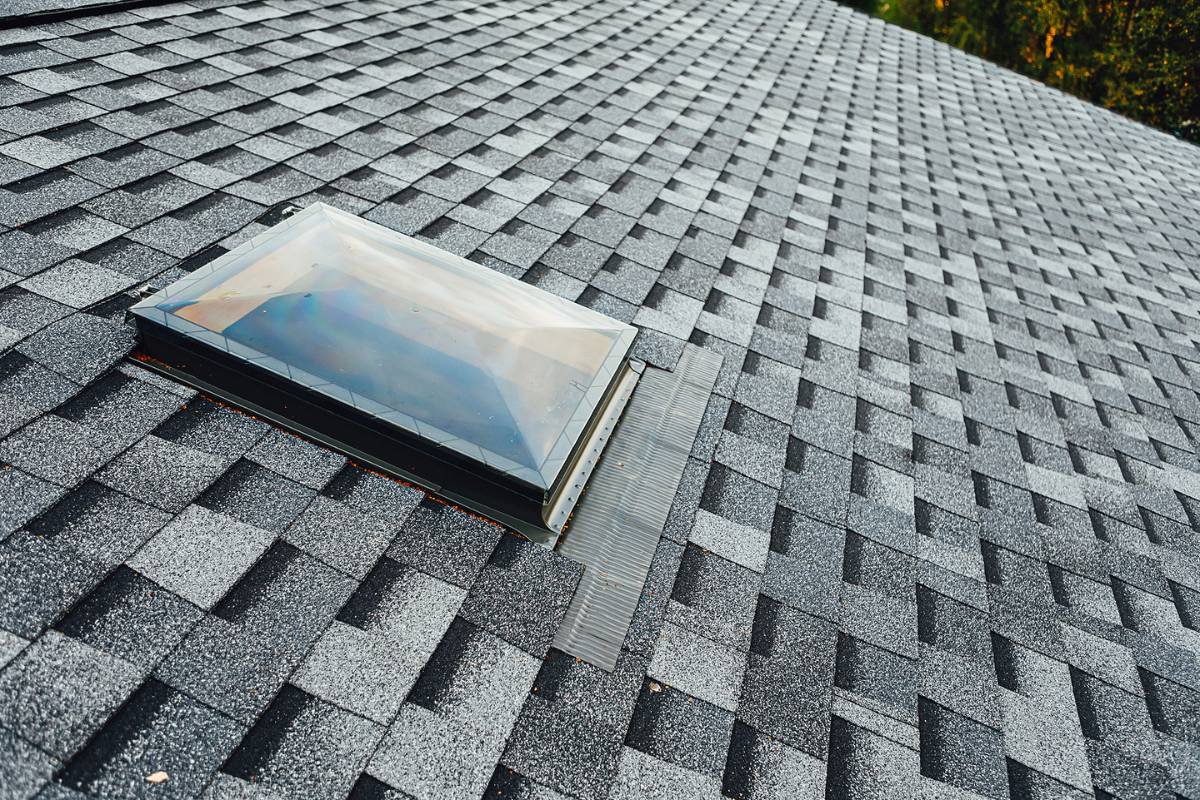
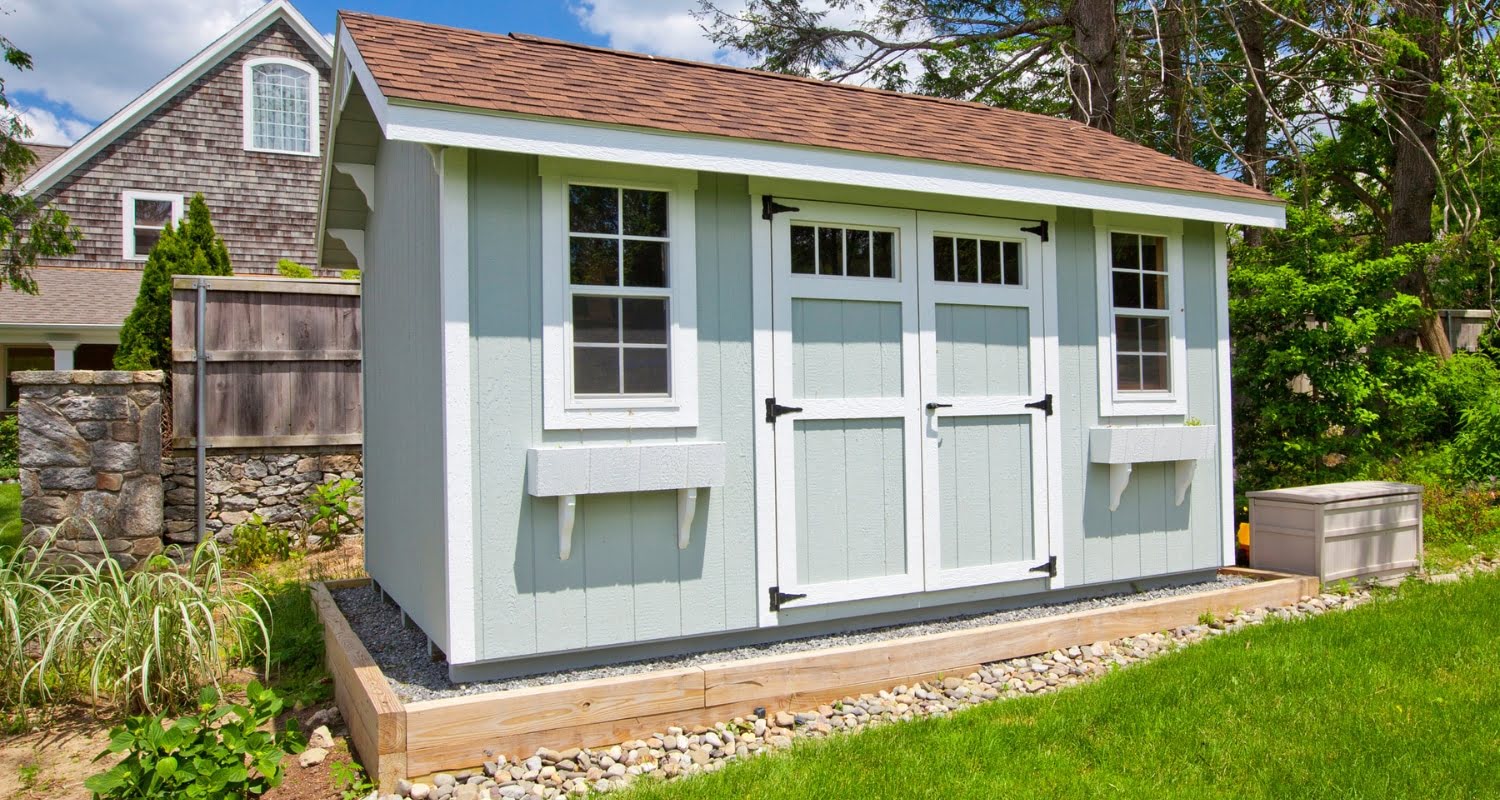
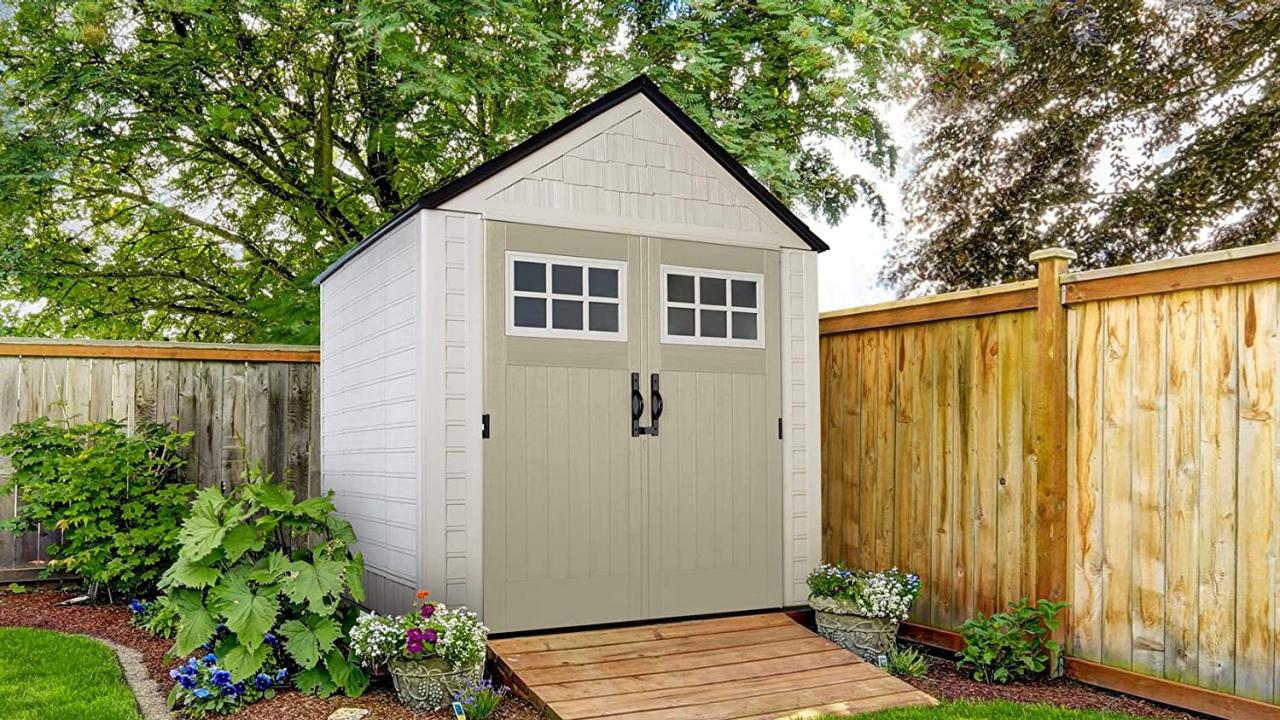
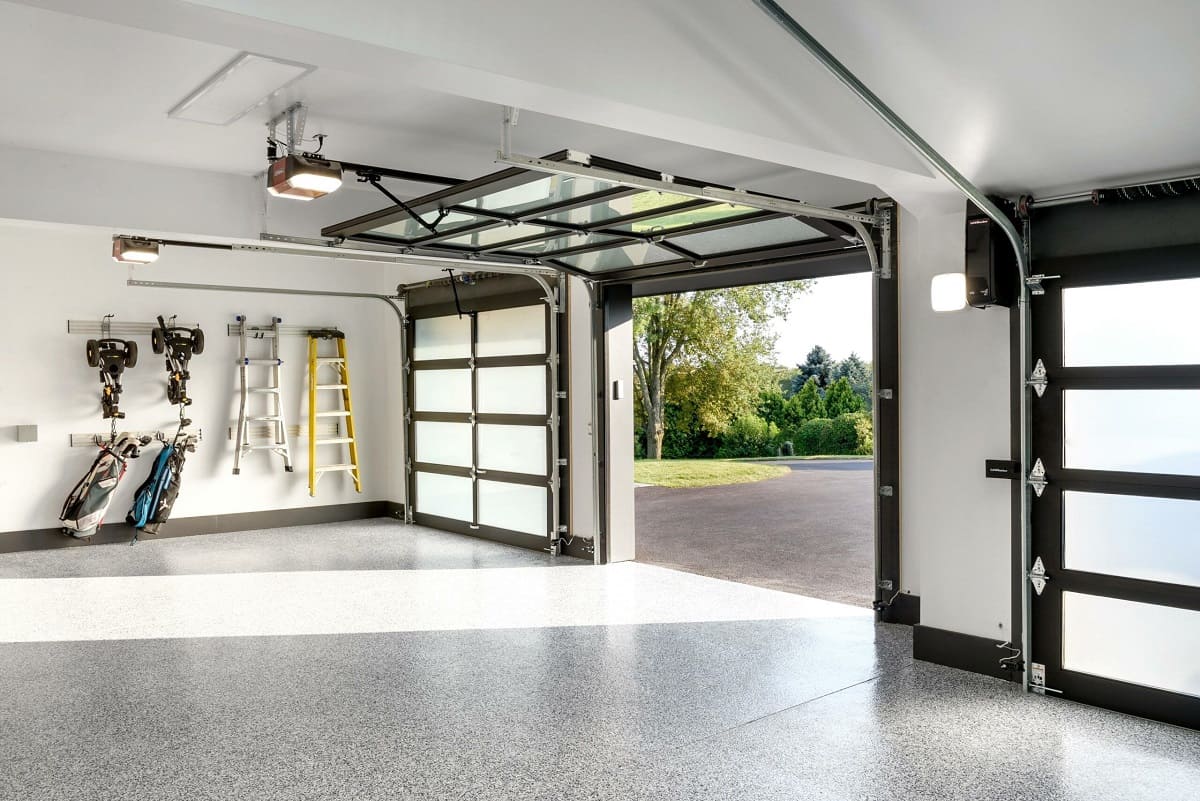
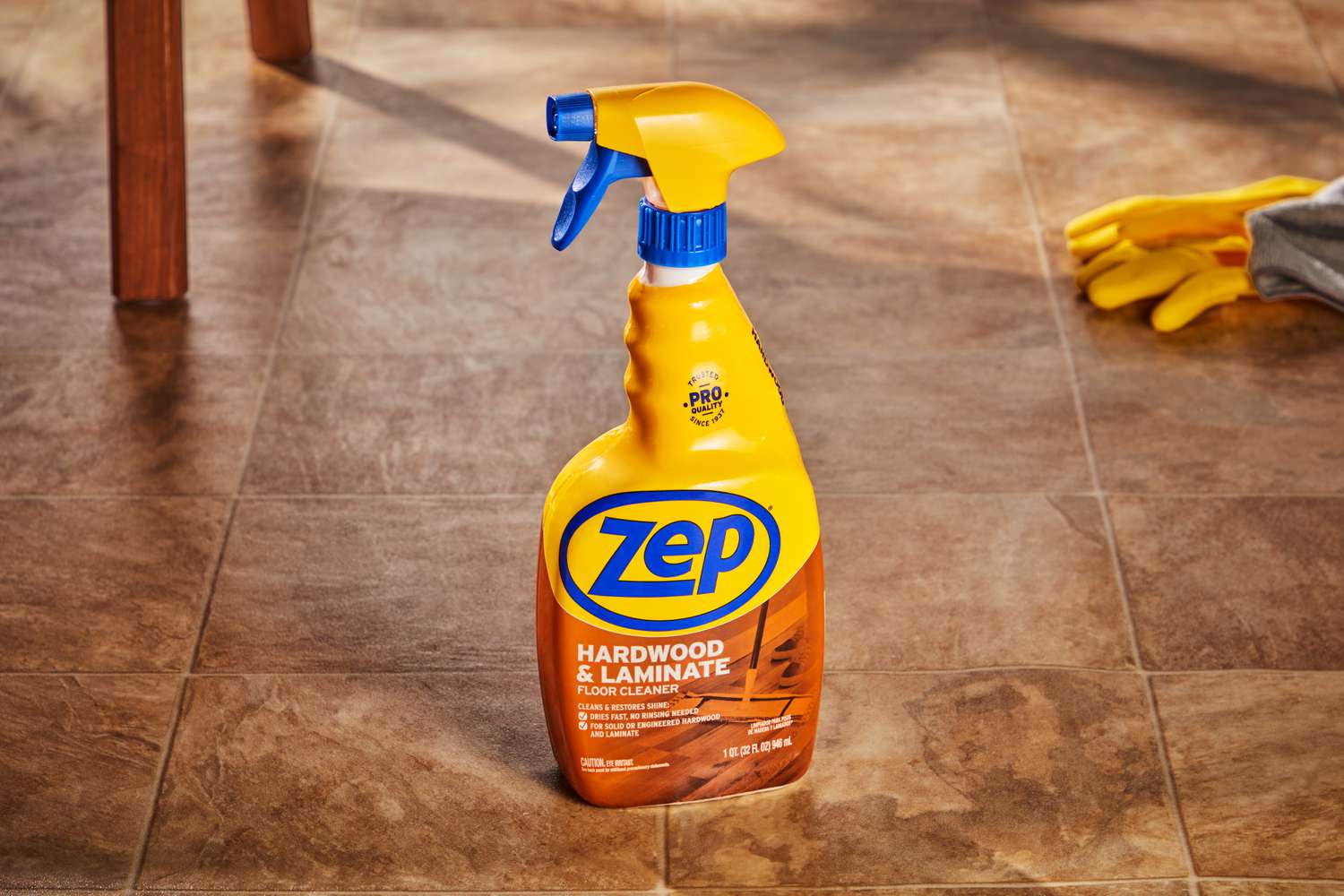
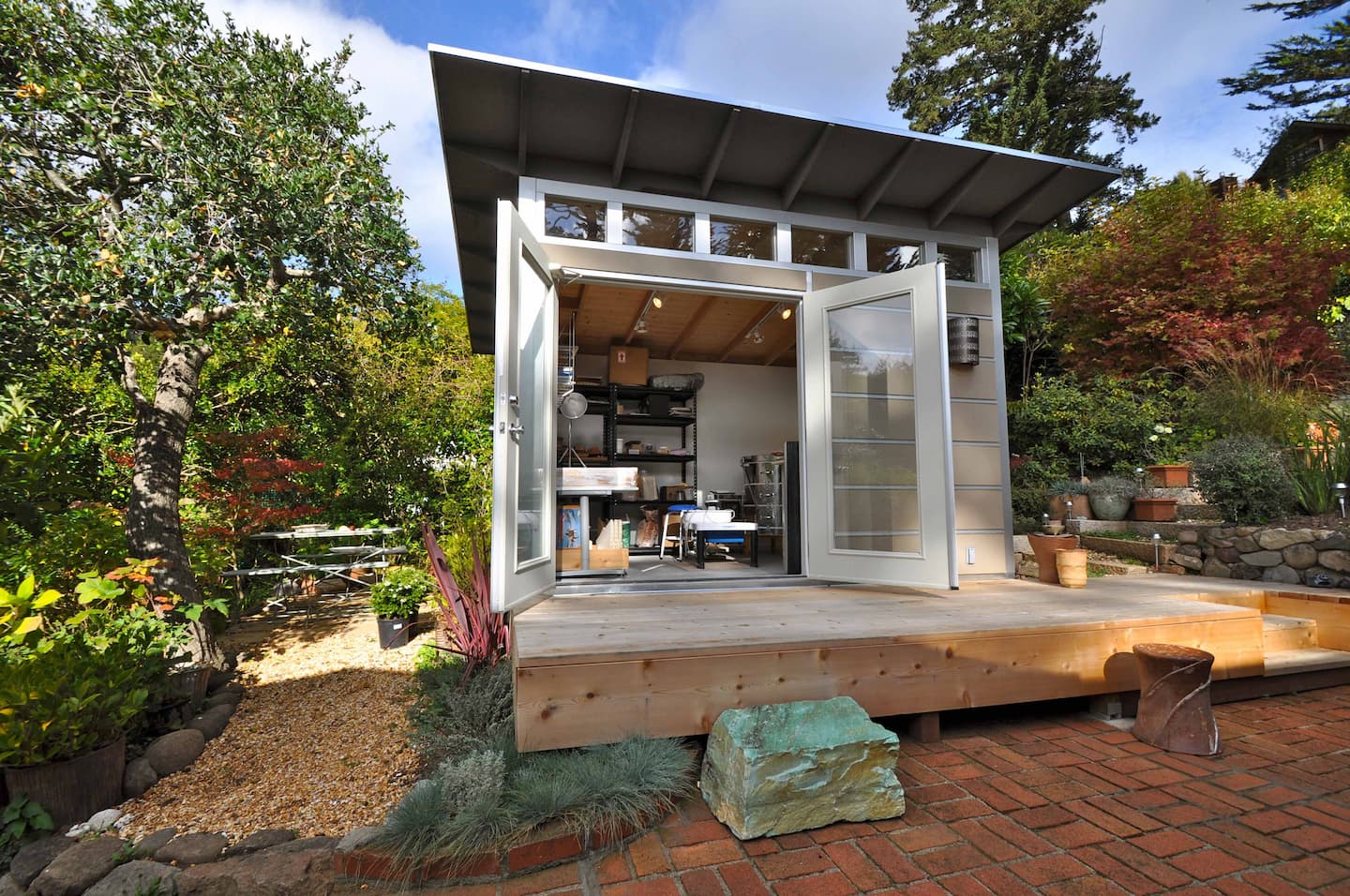
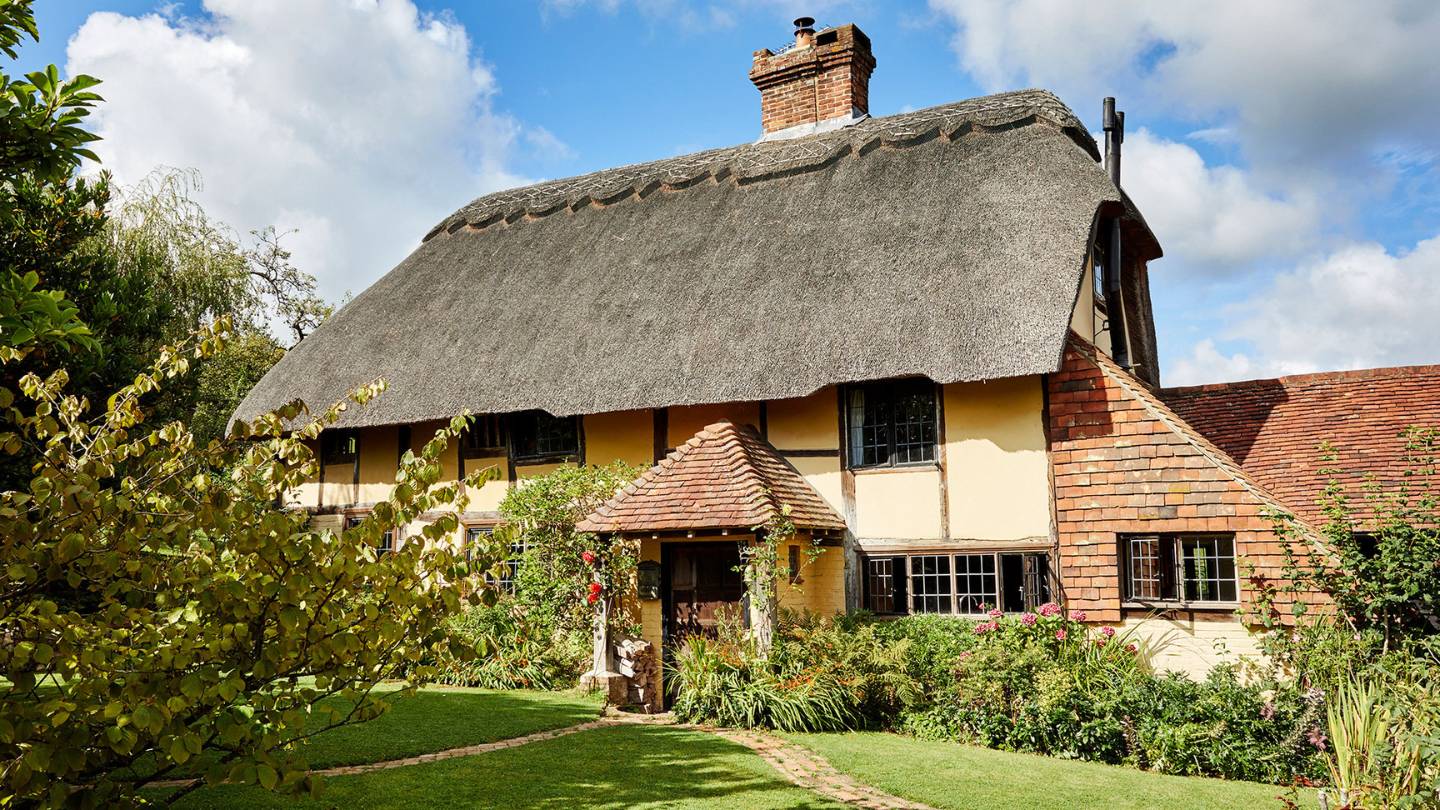
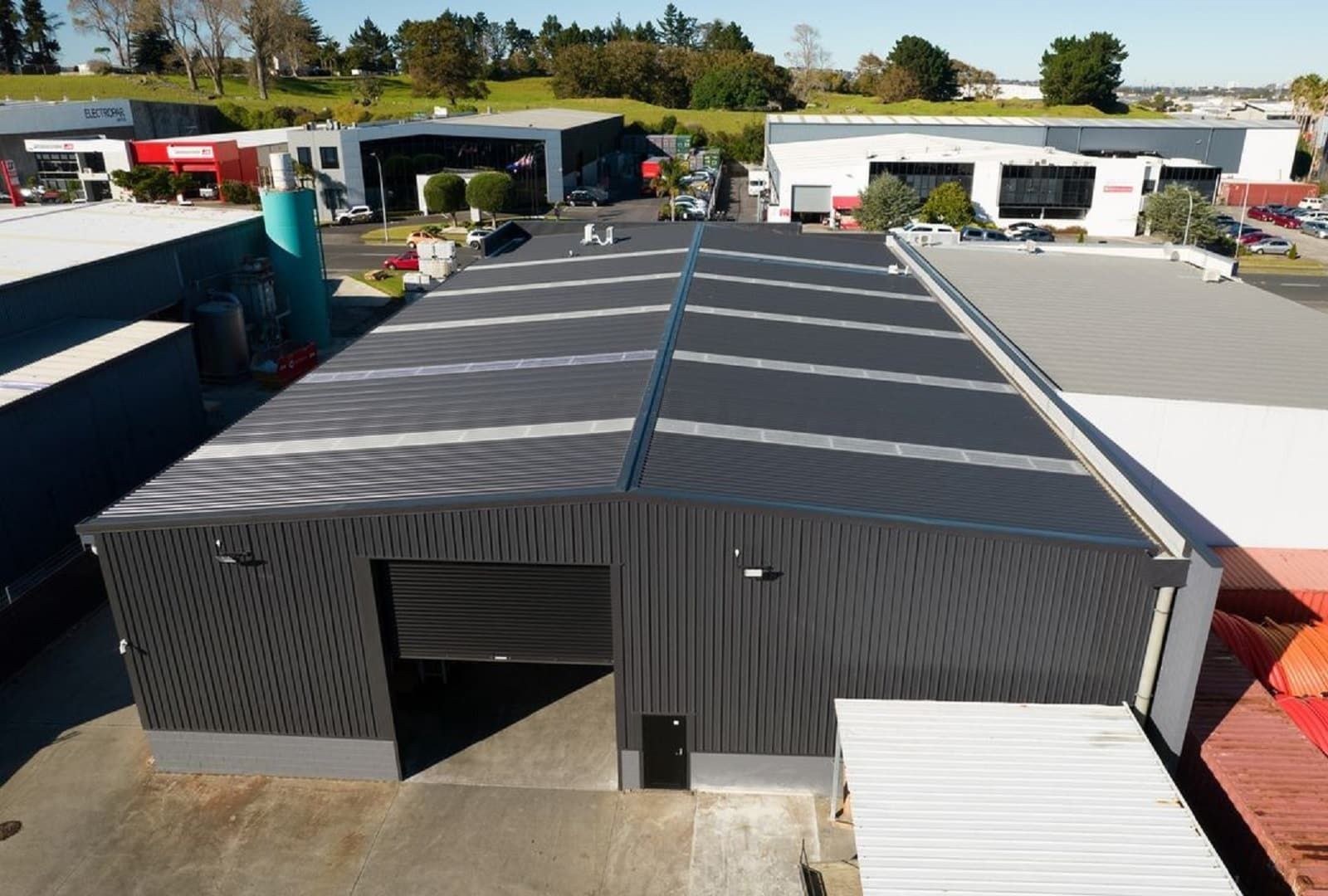
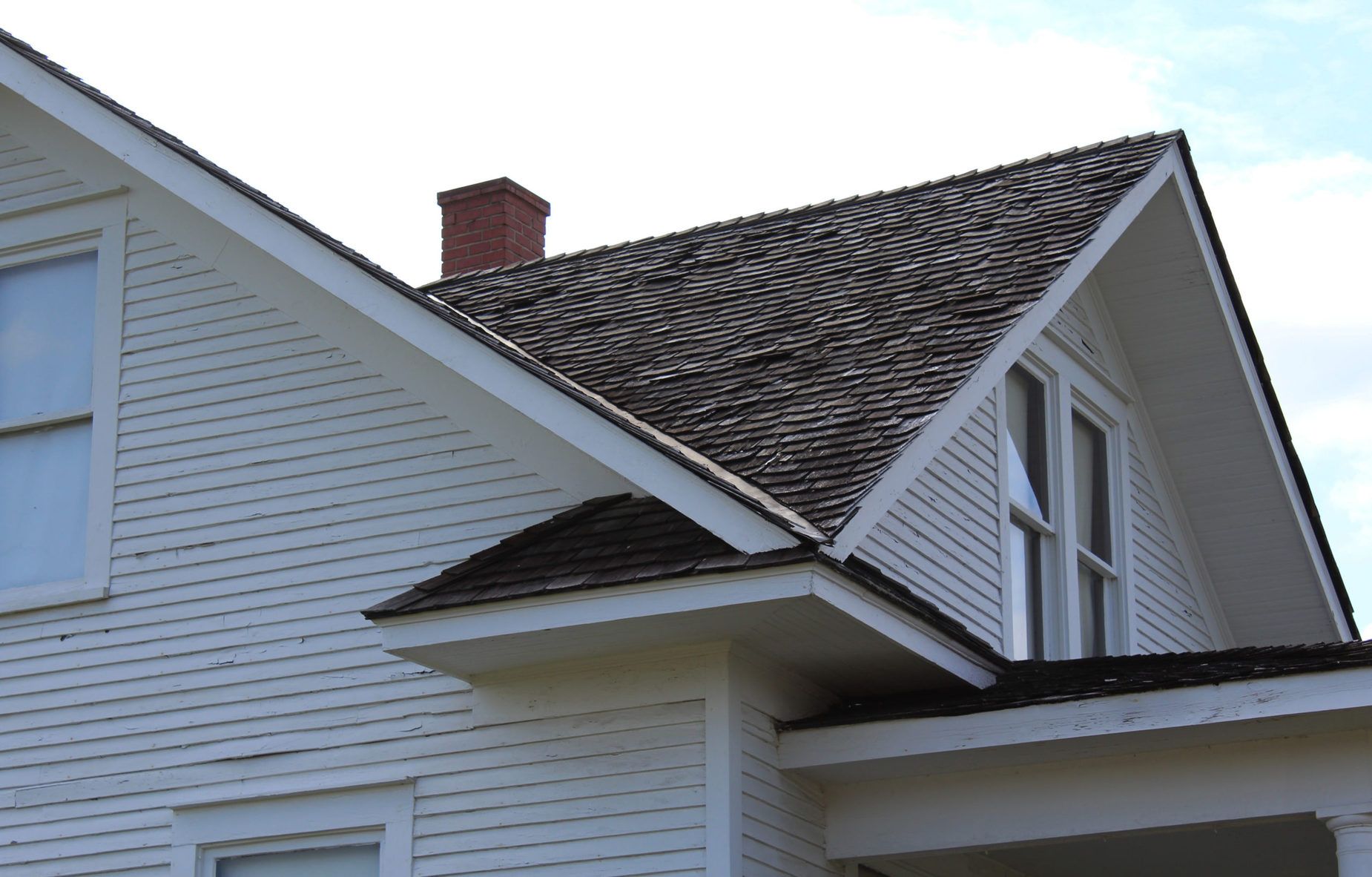
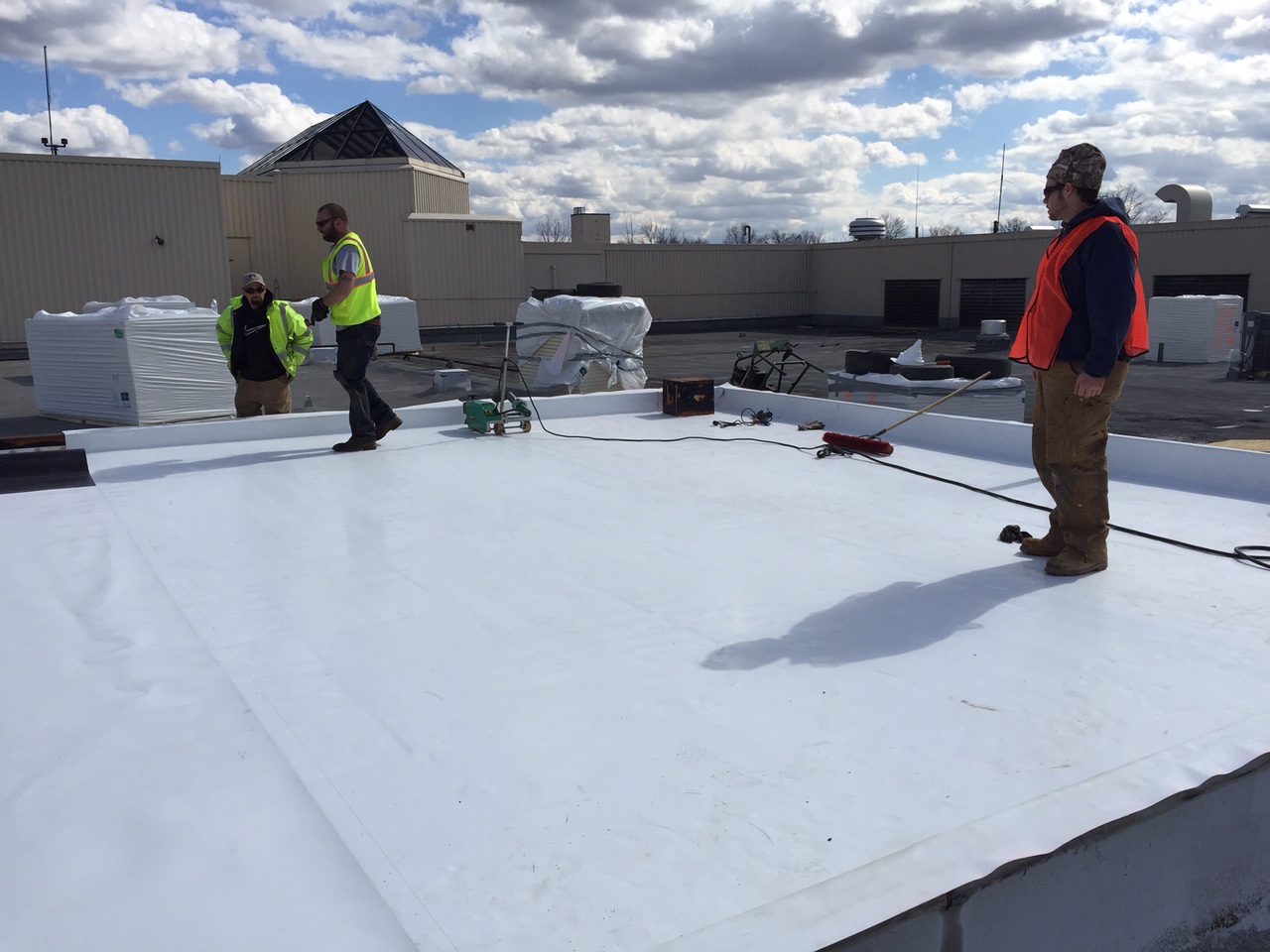
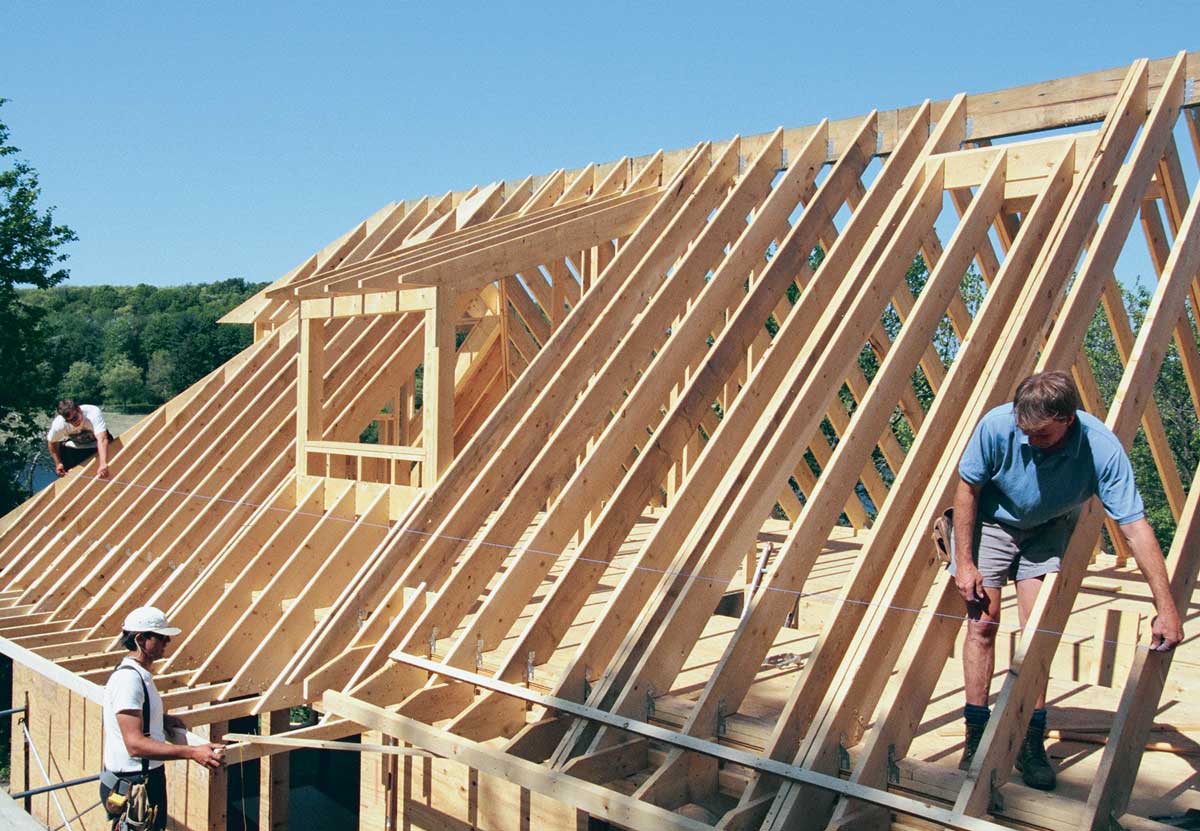
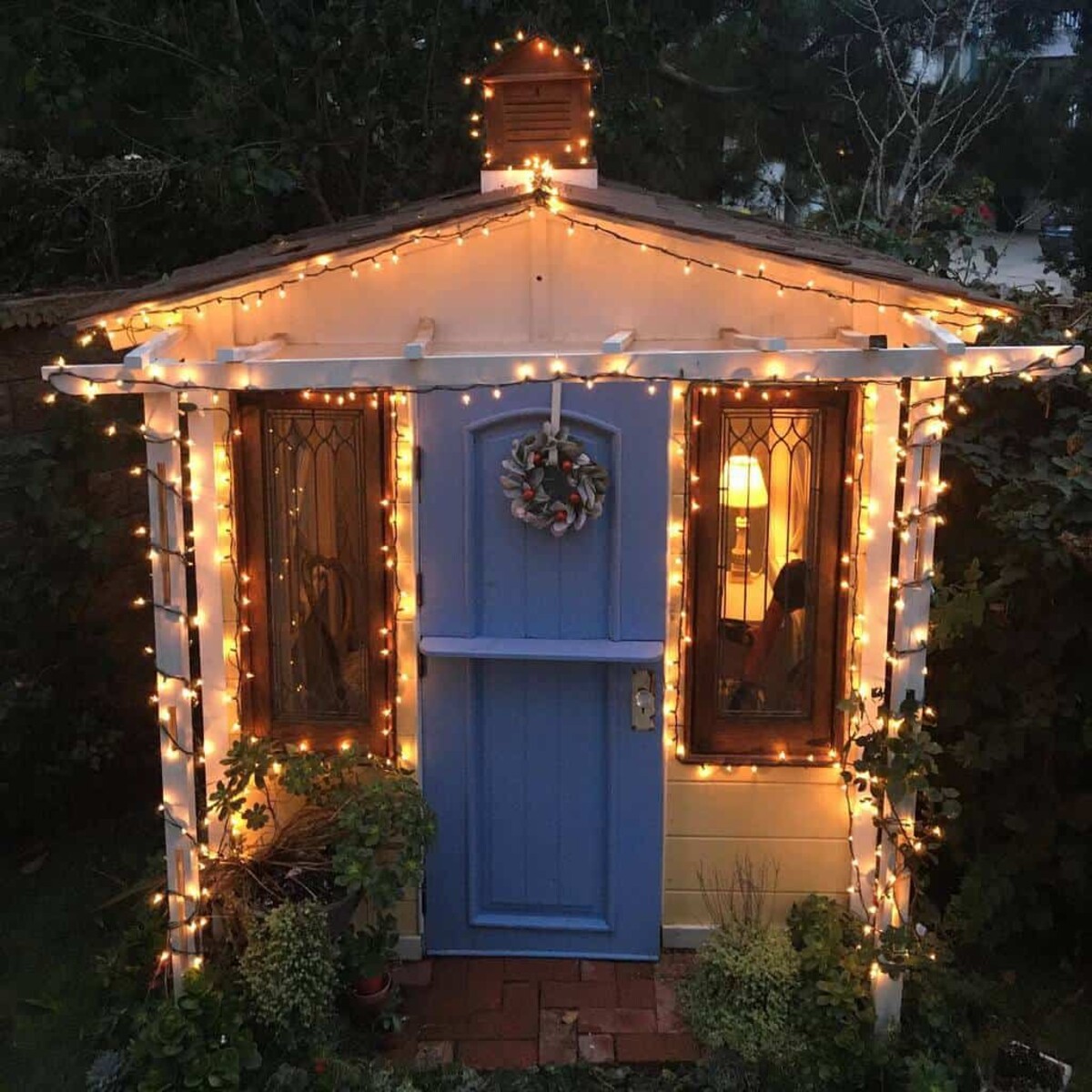
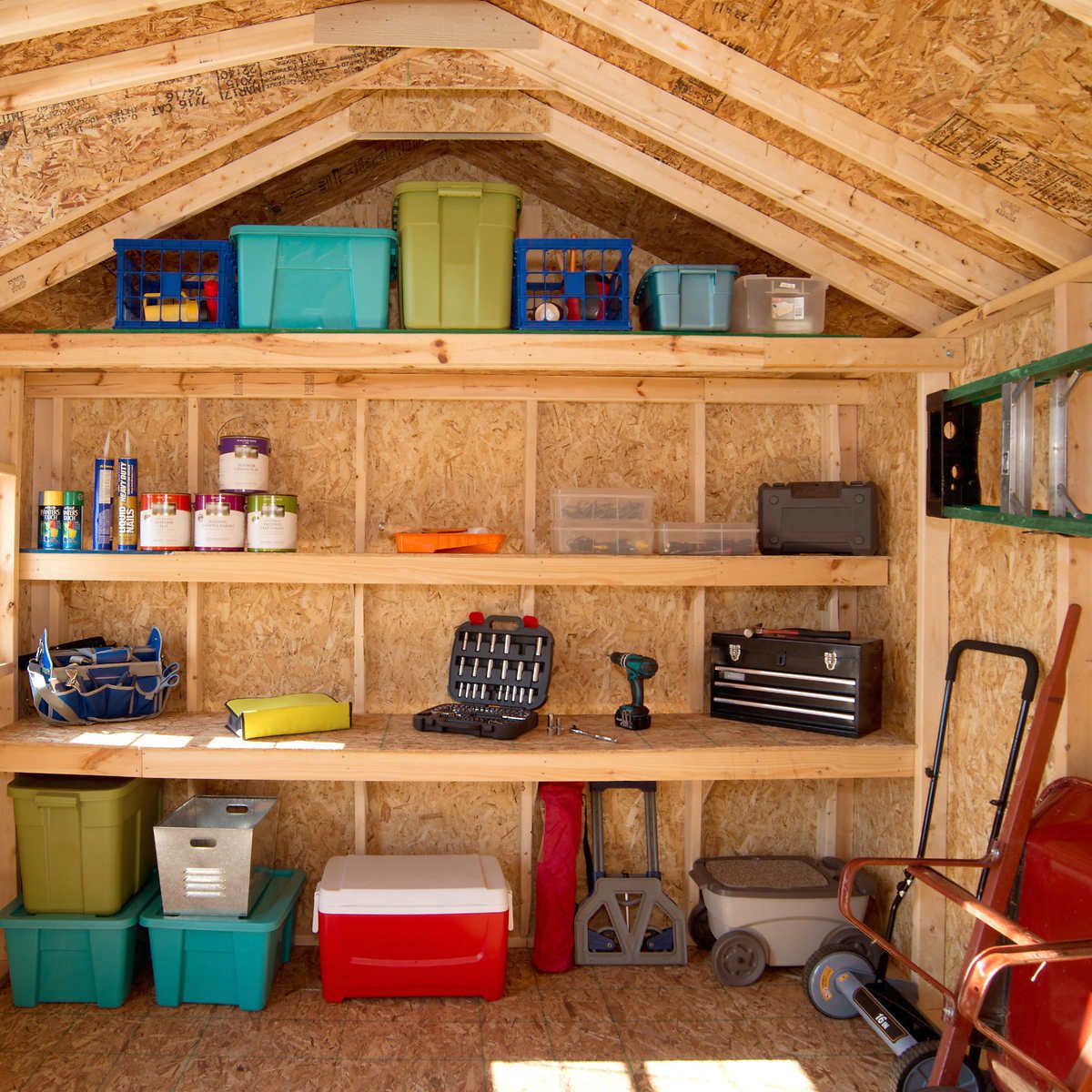

0 thoughts on “What Shed Material Is Best”